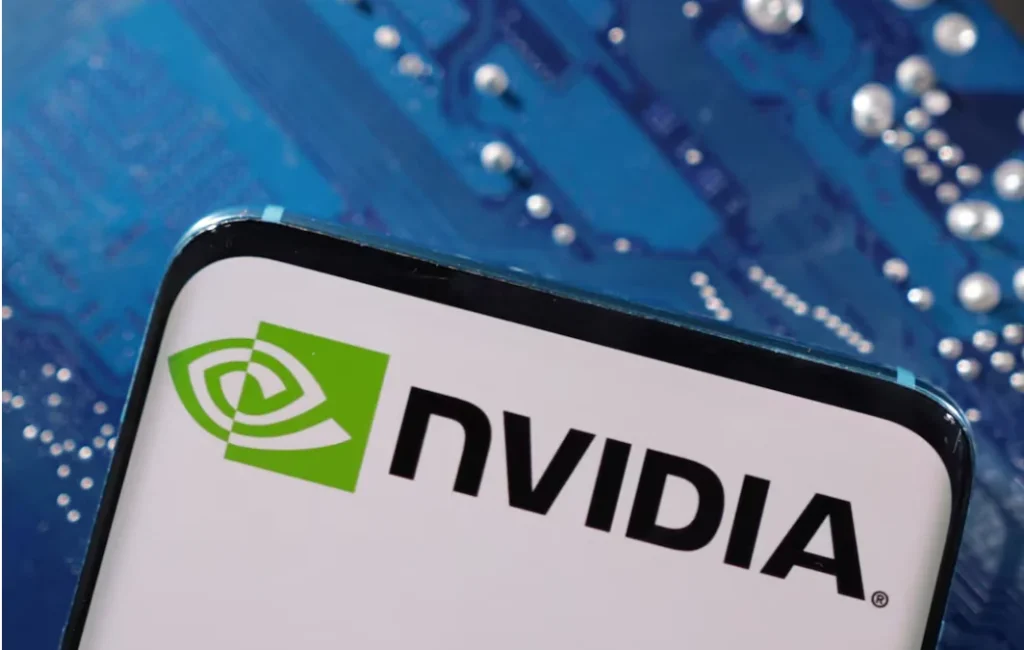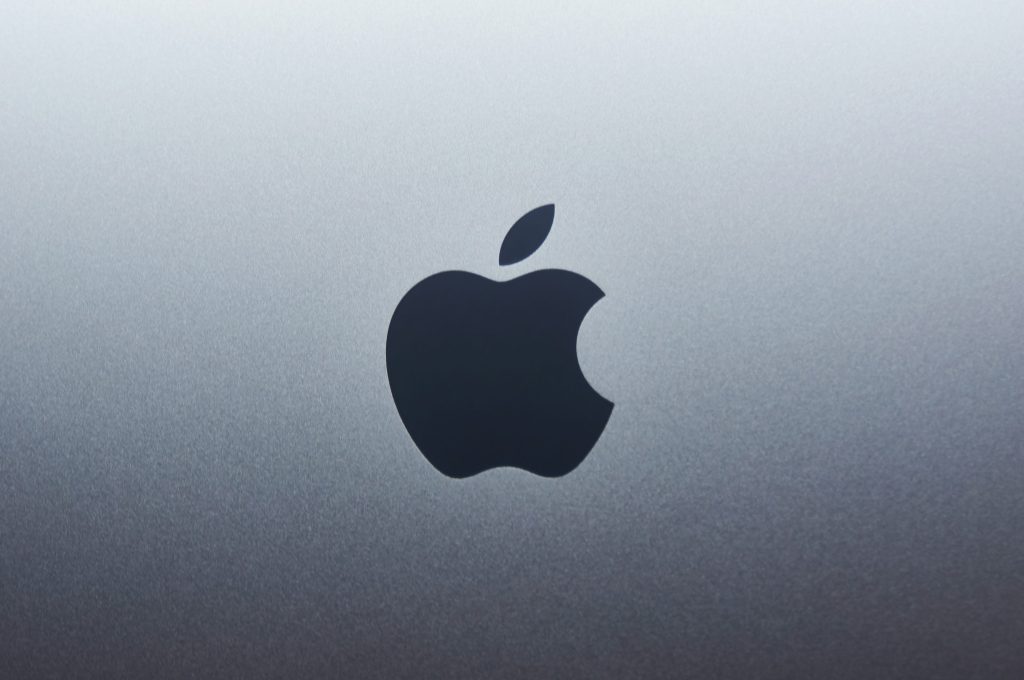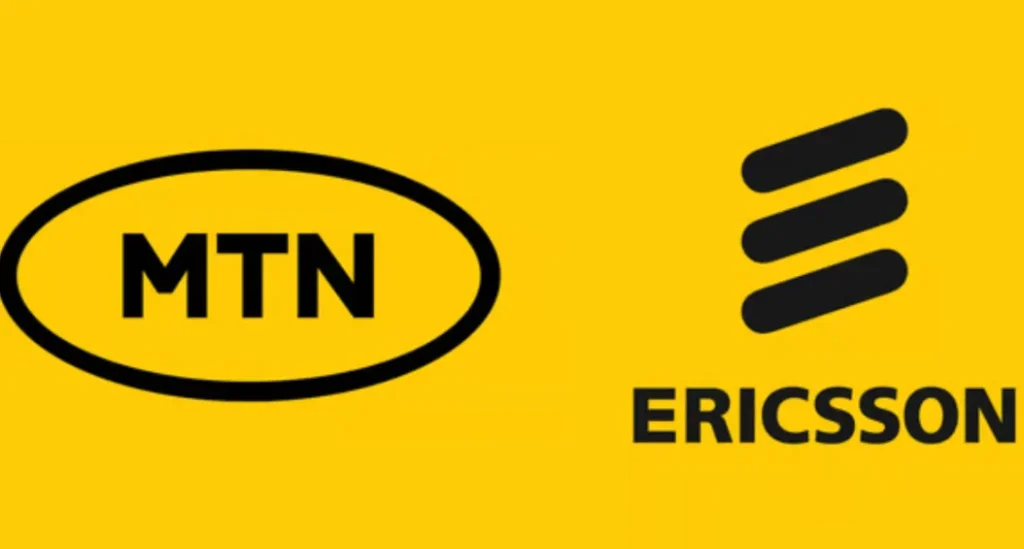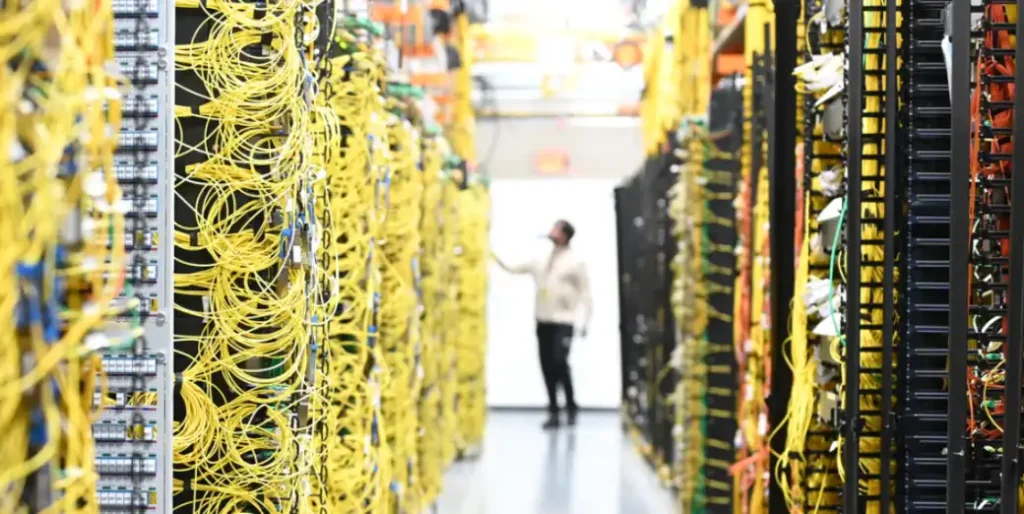Chinese tech firms are scrambling to secure Nvidia’s H20 artificial intelligence (AI) chips, as the U.S. chip giant prepares to restart sales to mainland China. This development follows Nvidia CEO Jensen Huang’s recent meeting with U.S. President Donald Trump and signals a potential easing of U.S.-China tech trade tensions.
Nvidia to Resume AI Chip Sales to China After U.S. Export Curbs
Nvidia confirmed in a statement that it is filing applications with the U.S. government to resume sales of its H20 graphics processing units (GPUs) to China. The company expects to receive licenses soon, allowing it to restart deliveries that had been blocked due to national security concerns.
“The U.S. government has assured Nvidia that licenses will be granted, and Nvidia hopes to start deliveries soon,” the company said.
The H20 chip was specifically developed for the Chinese market after the U.S. imposed export restrictions in late 2023. The chip was banned in April 2025 under tightened regulations, which Nvidia said cost the company $15 billion in potential revenue and forced it to write off $5.5 billion in inventory.
Chinese Tech Giants ByteDance and Tencent Rush to Place Orders
Sources familiar with the matter told Reuters that Chinese companies, including ByteDance and Tencent, are actively submitting purchase applications. Nvidia is reportedly maintaining a “whitelist” where Chinese firms can register to buy the H20 chips, pending U.S. government approval.
Neither ByteDance nor Tencent has commented publicly on the matter, and Nvidia has not confirmed details regarding the whitelist.
Rising Competition and the Launch of New China-Compliant AI Chips
Despite growing competition from Chinese GPU makers such as Huawei, Chinese firms remain eager to acquire Nvidia’s chips due to the strength of its CUDA computing platform. In response to U.S. export restrictions, Nvidia has announced a new chip tailored for the Chinese market: the Nvidia RTX Pro GPU.
This chip is described as “fully compliant” with U.S. export controls and is designed for digital twin AI applications in industries such as smart factories and logistics. Nvidia’s move is part of a broader strategy to maintain its foothold in China despite regulatory challenges.
U.S.-China Tech Tensions: Easing or Ongoing Risk?
The resumption of Nvidia’s H20 chip sales comes as Washington and Beijing show signs of softening stances. China has relaxed rare earth export controls, while the U.S. has allowed certain chip design software services to operate in China again.
However, U.S. lawmakers remain cautious. A bipartisan group of senators recently sent a letter urging Nvidia CEO Jensen Huang to avoid engaging with Chinese companies tied to military or intelligence activities, or those listed on the U.S. restricted export list. “The uncertainties between the U.S. and China remain high. Despite a pause in H20’s ban, Chinese companies will continue to diversify their options to protect their supply chain integrity,” said He Hui, research director at Omdia.
Nvidia’s Position in China’s AI Market
Even as Chinese firms develop domestic GPU alternatives, Nvidia’s AI chips remain in high demand due to their performance and software ecosystem advantages.
Huang’s ongoing visit to Beijing and his scheduled appearance at a local event are being closely monitored by both Chinese and U.S. stakeholders.











